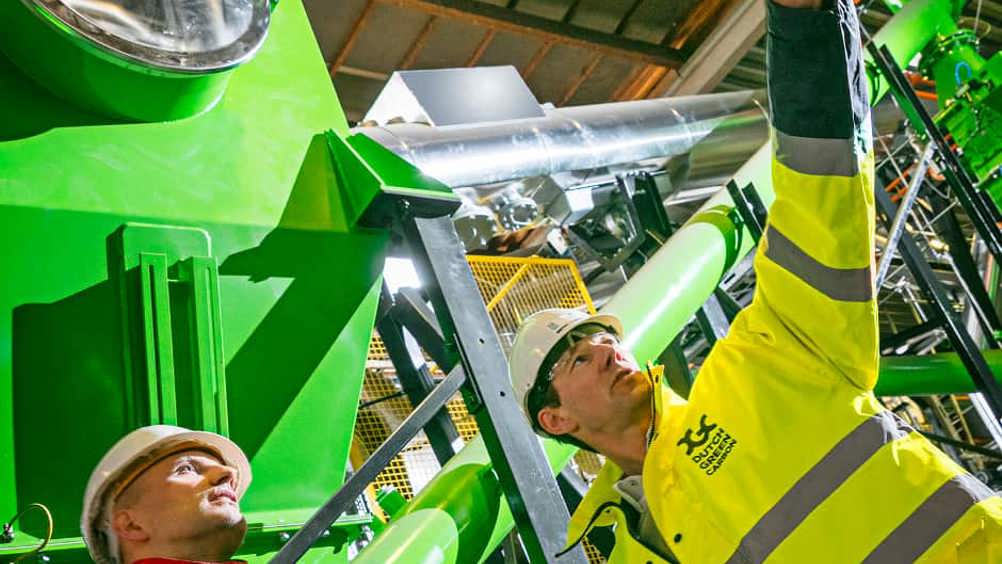Black Bear secure €5m to industrially upcycle carbon black from old tyres
Black Bear has secured €5m to invest into its upcycling process that turns disused tyres into recovered carbon black for use in new tyres, technical rubber, and coatings.

Carbon black - a ubiquitous substance found in products including paints, inks and printer toner – is produced through the incomplete combustion of heavy petroleum products.
Black Bear estimate that 1.5 billion tyres reach the end of their life each year, with most being dumped or incinerated. The company’s long-term goal is to upcycle all waste tyres into valuable products, which they say would achieve CO2 emission reductions equivalent to the planting of more than one billion trees.
To achieve this goal, the Netherlands-based company has developed a five-step process that recovers steel from disused tyres and puts the rubber through a carbonisation process that produces industrial grade carbon black. The recovered tyre rubber undergoes pyrolysis and is broken down into smaller molecules that are released as gas, leaving solid carbonaceous char which is broken down into smaller pieces and then pelletised.
Black Bear’s industrial-scale prototype plant in Nederweert, the Netherlands, is reportedly capable of processing more than one million tyres per year and producing 5000 tonnes of carbon black, which is already used by clients including AkzoNobel. Operated in partnership with recycling company Kargro, the plant is also capable of processing 5000 tonnes of bio-fuel and 3000 tonnes of steel.
Register now to continue reading
Thanks for visiting The Engineer. You’ve now reached your monthly limit of news stories. Register for free to unlock unlimited access to all of our news coverage, as well as premium content including opinion, in-depth features and special reports.
Benefits of registering
-
In-depth insights and coverage of key emerging trends
-
Unrestricted access to special reports throughout the year
-
Daily technology news delivered straight to your inbox










Water Sector Talent Exodus Could Cripple The Sector
Maybe if things are essential for the running of a country and we want to pay a fair price we should be running these utilities on a not for profit...